Being immersed in the fitness industry provides me with a ton of different opportunities to experience different techniques, methodologies, and products. I recently had the privilege of a...
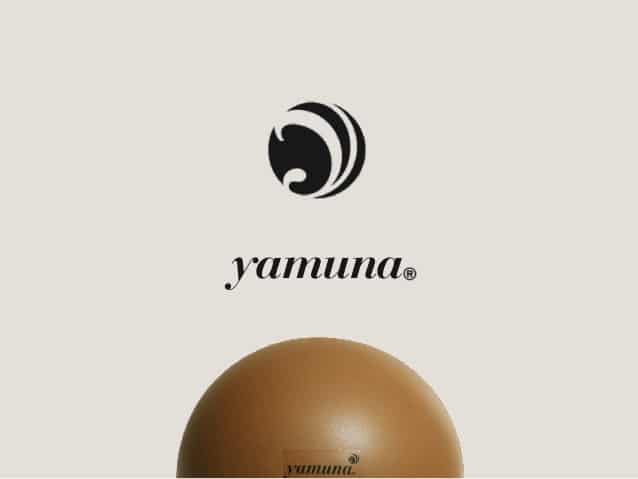

Being immersed in the fitness industry provides me with a ton of different opportunities to experience different techniques, methodologies, and products. I recently had the privilege of a...
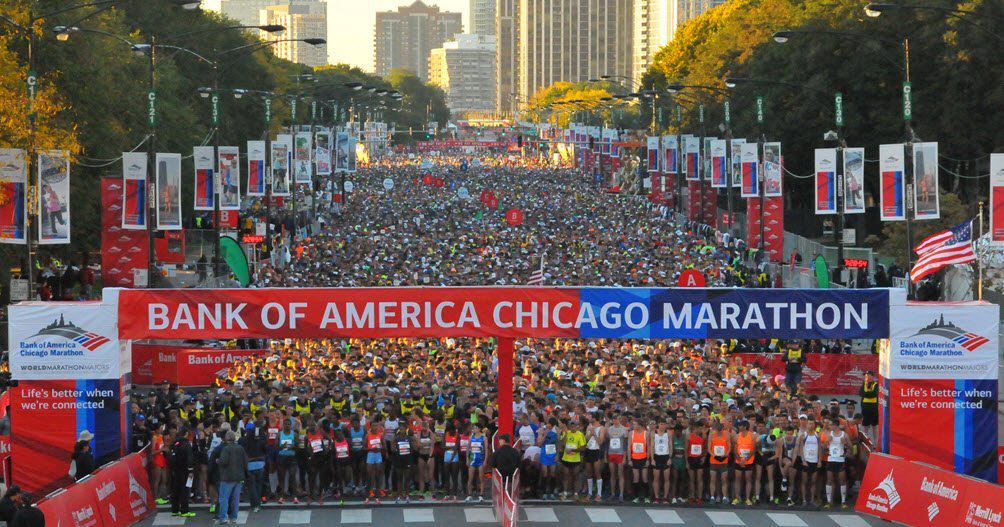
Leading up to the Chicago Marathon 2016 The Chicago Marathon provides an excellent course, plenty of support and, for me, a chance to visit home for a few days. It was no different for me this...
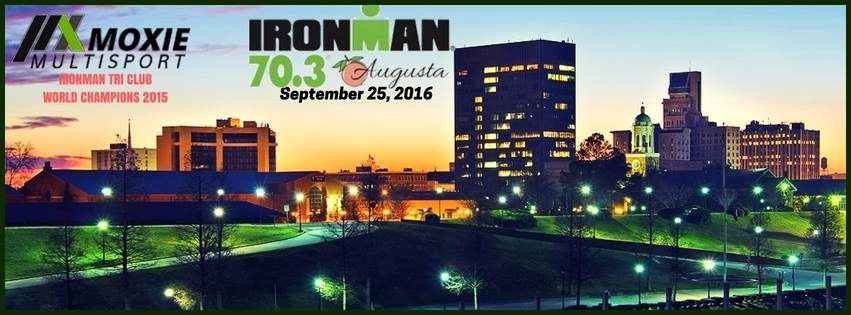
September 25 was going to be my day. The Ironman Augusta 70.3 triathlon was finally here. The race I had been training so hard for on one of my favorite courses. It was four-and-a-half months...
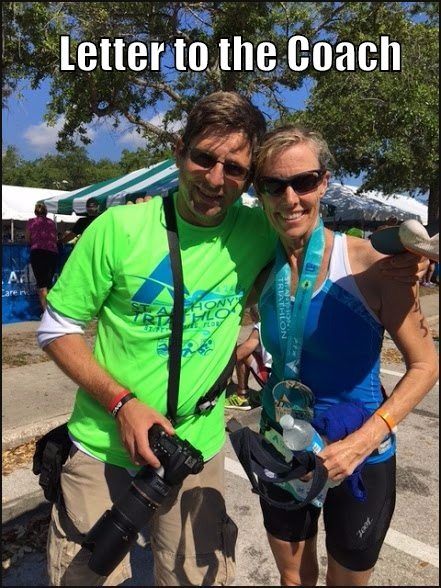
I have been an endurance coach for some time now. Once in a while, I receive an email from a client which chokes me up with pride. Today, I received one of those letters, so instead of sharing it...
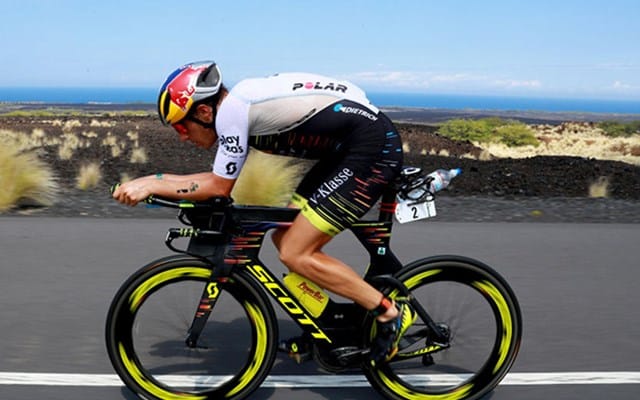
I found when looking for ways to get faster on the bike, is that there is so much information, from different coaches and experts, that it can be confusing and overwhelming. Personally, I...
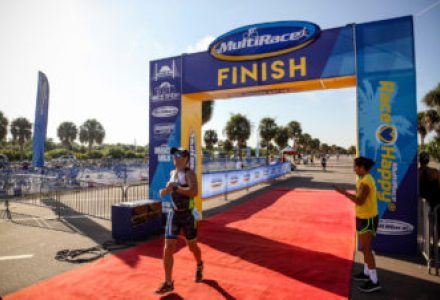
The previous post was a review of the FD3 Triathlon Series as if it was a product. Below you will find a more detailed account of my personal experiences during the race. Let me know in the...

 My coaches all have always tried to instill in me the importance of a good night sleep. Especially as the intensity and duration of my workouts have been increasing. The issue for me is that I have a phobia of growing older. What does one have to do with the other? I always feel like I am wasting my life away by sleeping. Think about it. As athletes we all want to experience life to the fullest which is why we train and race. Sleeping is eight-ten hours of time we could still be experiencing life and what the heck are we doing but laying there. What a waste! Or is it?
My coaches all have always tried to instill in me the importance of a good night sleep. Especially as the intensity and duration of my workouts have been increasing. The issue for me is that I have a phobia of growing older. What does one have to do with the other? I always feel like I am wasting my life away by sleeping. Think about it. As athletes we all want to experience life to the fullest which is why we train and race. Sleeping is eight-ten hours of time we could still be experiencing life and what the heck are we doing but laying there. What a waste! Or is it?
With an anticipated two Ironman Triathlons on the horizon for me, I decided to dig a little deeper and find out what happens during sleep and what benefits it gives us. I am not talking about the regular answers that we hear all the time; “it recharges the body”, “muscles grow during sleep not during workouts”, yada yada yada. I am not going to bore anyone with the “What is Sleep?” lecture. We all received that in high school biology and health class. I am just going to hit the nitty gritty about why we as athletes may need more sleep, because that is what I wanted to know.
Hormones & Muscle
During our waking hours, the body burns oxygen and food to provide energy. This is known as a catabolic state, in which more energy is spent than conserved, using up the body’s resources. When we sleep we move into an anabolic state – in which energy conservation, repair and growth take over. Levels of adrenaline and corticosteroids drop and the body starts to produce human growth hormone (HGH).
A protein hormone, HGH promotes the growth, maintenance and repair of muscles and bones by facilitating the use of amino acids (the essential building blocks of protein). Every tissue in the body is renewed faster during sleep than at any time when awake.
Immune system
I have always heard that sleeping more when fighting infectious illness aids recovery. Getting enough sleep can also help resist infection, as some studies of healthy young adults have shown that moderate amounts of sleep deprivation reduce the levels of white blood cells which form part of the body’s defense system.
A killer of cancer called TNF – tumour necrosis factor – also pumps through our veins when we are asleep. Research has shown that people who stayed up until 3am had one-third fewer cells containing TNF the next day, and that the effectiveness of those remaining was greatly reduced. So that little factoid hit me over the head like a ton of bricks.
JUST as the world is governed by light and dark, human beings also have an inbuilt body clock called the circadian rhythm. The circadian rhythm regulates all the processes of the body, from digestion to cell renewal.
Body temperature
Body temperature falls throughout the night. By about the sixth hour of sleep it has dropped to about three degrees below the temperature it was in the evening. At the same time, our metabolic rate drops too which if you’re trying to lose weight may not be a good thing, but it serves a purpose.
The skin  The top layer of the skin is made of closely packed dead cells which are constantly shed during day. During deep sleep, the skin’s metabolic rate speeds up and many of the body’s cells show increased production and reduced breakdown of proteins.
The top layer of the skin is made of closely packed dead cells which are constantly shed during day. During deep sleep, the skin’s metabolic rate speeds up and many of the body’s cells show increased production and reduced breakdown of proteins.
Since proteins are the building blocks needed for cell growth and for the repair of damage from factors like ultraviolet rays, deep sleep may indeed be beauty sleep.
Digestive system
The body requires a regular supply of energy and its key source is glucose(sugar). This is constantly burned up to release energy for muscle contraction, nerve impulses and regulating body temperature. When we sleep, our need for these energy reserves is marginal so the digestive system slows down to a sluggish pace. The immobility of our bodies promotes this. Hence, the reason for not eating too late. The acid and enzyme levels have dropped to a point where food is not digested as quickly.
Maybe all those coaches were right. We produce HGH to repair muscles, our immune systems fight cancer and diseases, our skin repairs itself and our digestive system cuts out, so we do not need to burn any sugar. It sounds like I have been looking at this all wrong. I should be sleeping in order to extend my life. Can you say epiphany? (Hopefully you can say it better than I can spell it. It didn’t come up in spell check)
After all the reading on sleep I have completed, I am really tired. Maybe I ought to get some sleep.
There is a trend I jumped on early in January, right after I finished the Goofy Challenge. The Paleo Lifestyle. Most people would call it a diet, and if it was temporary than I would say they were right. At first I was a little spooked by it, but my friend and coach Amy Bennett Eck, dared me to try the lifestyle for 30 days and see what results I obtained and how I felt.
 |
| Before Paleo |
The first week was tough. I was lethargic, my workouts suffered, and I felt like I had lost a lot of strength and endurance. (Of course that might have also been from the Half Marathon and Marathon I ran the weekend before I started.) Something happened about the middle of the second week. I woke up on Wednesday and I felt better. Interesting thing was, it was immediate. I went to bed Tuesday night after strictly following Paleo for a week plus two days and I woke up on Wednesday, feeling like myself again. I’ll talk about the hi-level science in a minute, but let me just tell you I thought I could take on the world. The following Saturday I ran ten miles faster than I ever had. It was just amazing the energy I had. I don’t have that energy all the time, but I did for the next couple of weeks at least. Ever since then I have keeping a pretty strict Paleo Lifestyle at about 85-90%. The other 15% I attribute to pizza, beer, the occasional ice cream and a few items in my race nutrition.
 |
| On Paleo |
So what is Paleo? The word Paleo comes from the Paleolithic Era or the caveman era. It is basically eating as the caveman did, before processing, before grains, before even beans and legumes. It basically, consists of meats, vegetables, fruits, and nuts. There are some items that are what I would call, “on the line”, specifically, milk and butter only if they came from a grass fed cow. There are no grains, no legumes, and no other dairy. I really thought it was going to be tough and the first week was, but after I toughed out the first week, I really didn’t even miss the bread, pasta, corn, cheese, yogurt or rice. Sounds like a lot doesn’t it? Well let me give you my results; I lost 12 pounds and 4% body fat in that first month. Crazy huh? Because of the Goofy Challenge, my workouts were even cut back that month. Since then I have lost another 5 pounds, 3% more body fat, my race times are faster, I can run, swim and bike longer and I have found my love for cooking again.
Let me tell you about the results of my friend Susan Johnson-Velez. Susan is a lawyer and single mom that was a little overweight, and had a severe case of asthma. She started two months prior to me with just removing dairy, and then started Paleo strictly in December and January like me. Now, she is down 35 pounds and the three medications she took for her asthma has been reduced down to a seasonal herb. Isn’t that crazy? I watched this beautiful woman go from baggy dresses and jeans to mini-skirts and dresses and skinny jeans, tight tops and boots. She came with us as our sherpa for the Chicago Marathon last October and when I saw her again at Jet City Coffee in January, my jaw hit the floor. The difference was amazing, and she has only gotten more fit, thinner and hotter since then.
My instruction book for this lifestyle started with The Paleo Diet for Athletes first printing, but since then Joe Friel and Loren Cordain, Phd have updated it. For the edition I was using, Joel Friel, the father of triathlon training, was instructing the Paleo diet for everything except for pre and post workout meals, and race nutrition. I have not completed my read of the second addition, but from what I can tell, Joel is not adding suggestions for those meals to be Paleo as well.
Why Paleo? The theory is, that grains have two major disadvantages; One, they breakdown into sugar, which if you do not use the carbohydrates right away they end up creating imbalances which increases your insulin levels causing the metabolism to slow down and store fat. Second, a lot of grains contain gluten which is basically poison. If the grain, for example oatmeal, does not naturally contain gluten, then there is more than a possibility that it was packaged a facility that also packages grains that do have gluten causing transference. Interesting enough there is another risk of transference of gluten; through meat. If a cow is grain fed, then the meat may have a high level of gluten along with the milk produced. I have actually started buying meat from a farm in Texas that has only grass fed meat. Slanker’s Farms also has chickens, buffalo, and some fish as well. All of it natural without antibiotics, pesticides or hormones.
The benefits of Paleo start by eliminating all the excess sugar your body doesn’t need or use, and then instead of using sugar for energy it uses fat. Since fat is a lot more dense than sugar, the energy production lasts a lot longer, which means you last a lot longer. Can you imagine working out and being able to go a couple of extra miles, just because you want to? Can you imagine a new outlook on life, not to mention cooking? I found a lot deeper interest in cooking since I started Paleo. Also, depending on your body and where you are at the moment, for every pound of excess you rid your body of, it could translate into a 10-12 second per mile decrease in your running time.
There are a lot of resources out there on Paleo. I personally am only fond of books and articles written by Loren Cordain, Phd and Rob Wolf. There are plenty of great resources for recopies on the internet. Do you think you have to give up brownies? Here is my favorite recipe for Paleo Brownies;

Preheat oven to 325 degrees F
They are awesome, trust me.
Check out the books and articles online and see what you think. I suggest just thirty days, knowing that the first week to two weeks you will probably not feel great, but the energy will hit like electricity once your body converts from burning sugar to burning fat.
I hope you are able to extract some good information and that it may at least increase your interest in this healthy lifestyle.